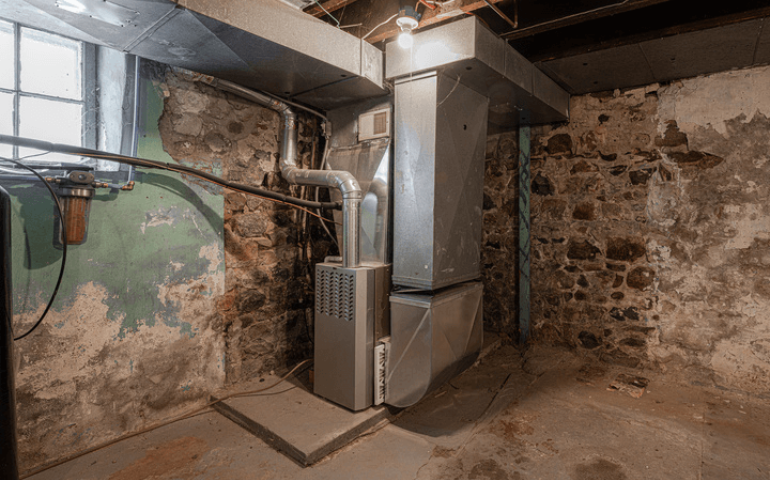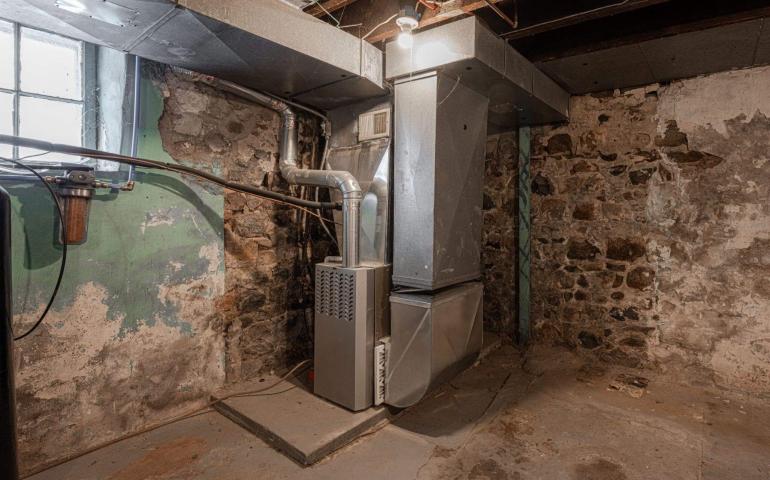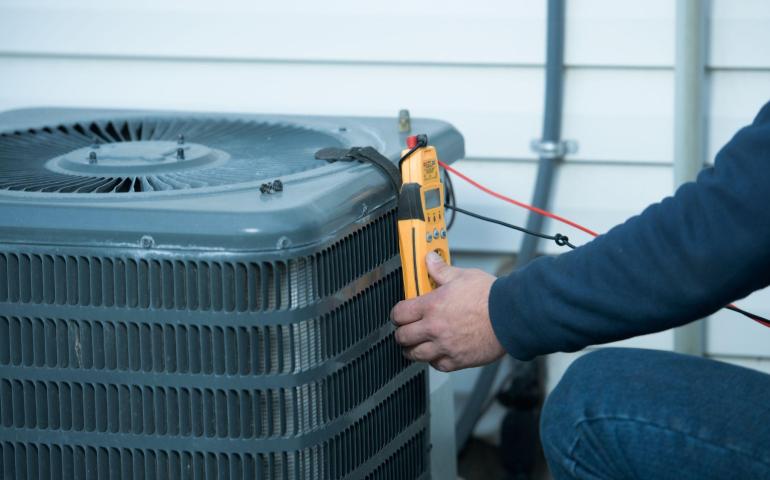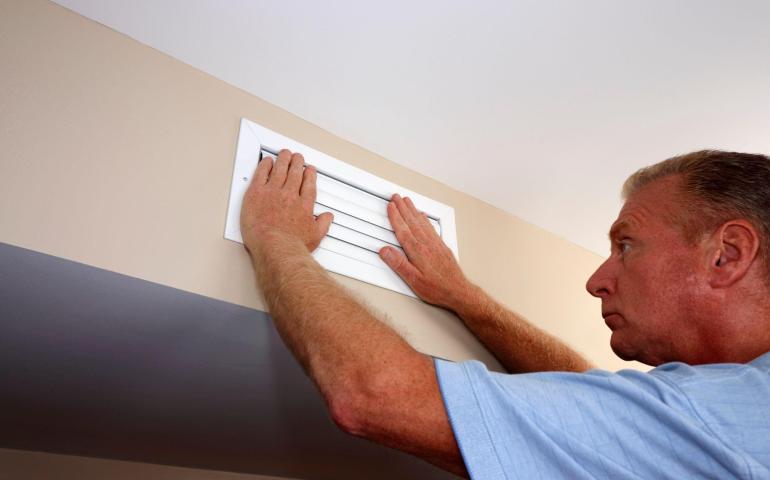Most people are familiar with the fact that air conditioners use a substance called refrigerant. However, not many people understand just what refrigerant is and why it's essential for your air conditioner to run properly.
What Is Refrigerant?
Refrigerant is a substance that can be developed in a gaseous or fluid state that absorbs heat from the environment. When combined with compressors and evaporators to form an air conditioner, this refrigerant works to cool your home during the hot summer months. Inside your air conditioner, the refrigerant is housed inside the copper coils.
As the refrigerant absorbs the heat from the indoor environment of your home, it turns from a low-pressure gas to a high-pressure liquid. The actual components of your air conditioner move the high-pressure fluid outside to your condenser unit. Outside in your condenser unit, a fan blows hot air over the coils. This cools down the refrigerant, which transitions it from a high-pressure liquid to a low-pressure gas.
The air conditioner components move low-pressure gas back indoors. Another fan inside of your home's HVAC system will proceed to blow air over the newly cooled, low-pressure gas. This disperses cooled air throughout your home. This entire cycle simply repeats over and over again to cool off your home's interior.
What Are The Different Types of Refrigerants?
There have been a few different types of refrigerants utilized in most air conditioning systems. The first was chlorofluorocarbons, known more commonly as R12. The production of this substance was stopped in 1994 as it was found to contribute to the greenhouse gas effect.
The next refrigerant commonly produced for air conditioning systems was hydrochlorofluorocarbons, also known as R22. While this type of refrigerant is still used, it's being phased out because of its similar contribution to the ozone. If you currently have a system operating on R22 refrigerant, you'll want to consider upgrading soon as the supplies of this refrigerant will be depleted soon.
Most systems today run what is known as hydrofluorocarbons. More commonly referred to as R410A and R134, these compounds have no chlorine in their mixture, making them much safer for the environment. In addition, they provide better air quality, more efficiency, increased comfort, and improved reliability for homeowners.
Call Us Today
If you are interested in having an HVAC system installed or want to ensure that your refrigerant is up to environmental standards, simply give our experts a call today. We can assist you with all of your HVAC needs, including installation, routine maintenance, and repairs.






